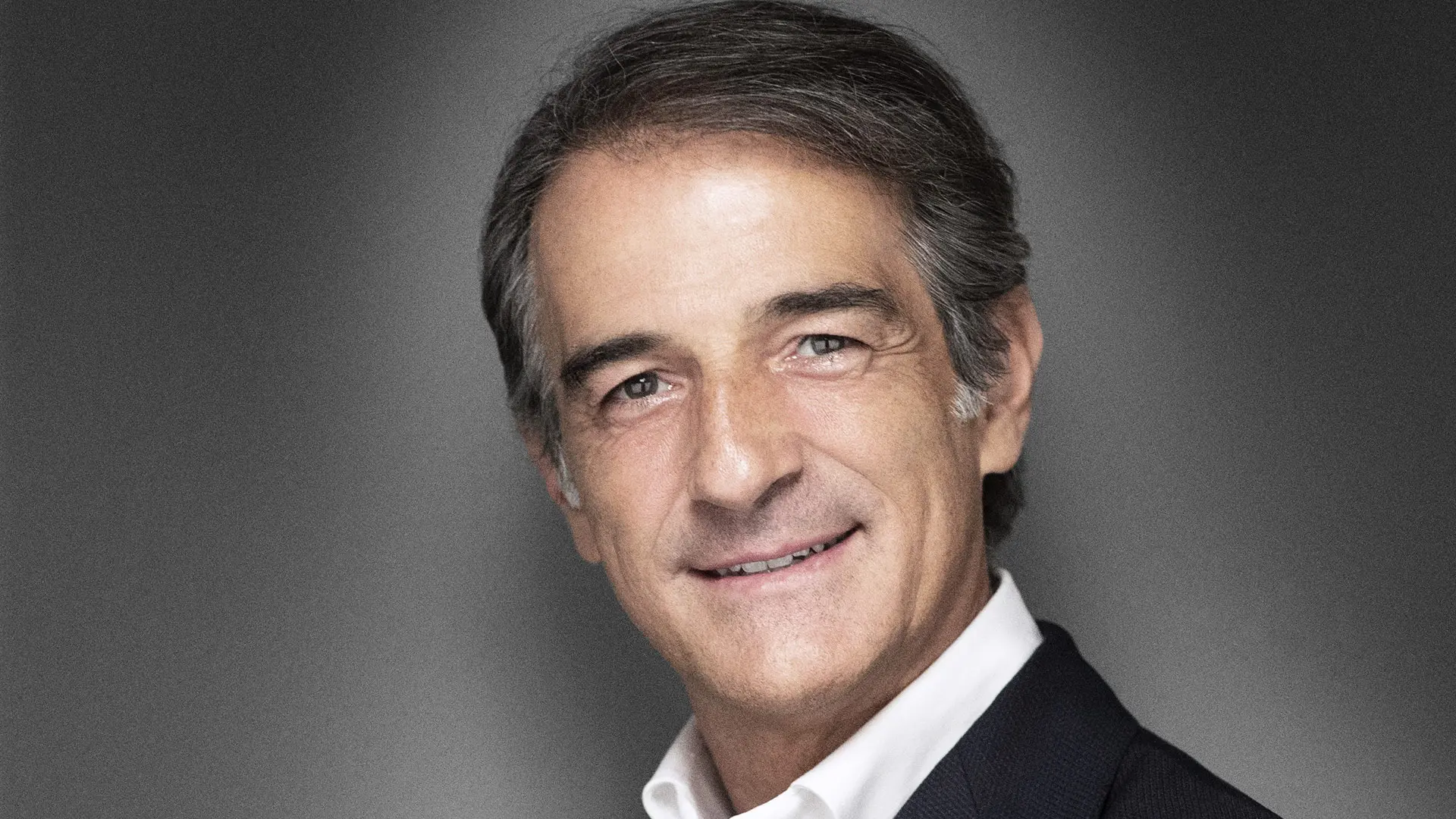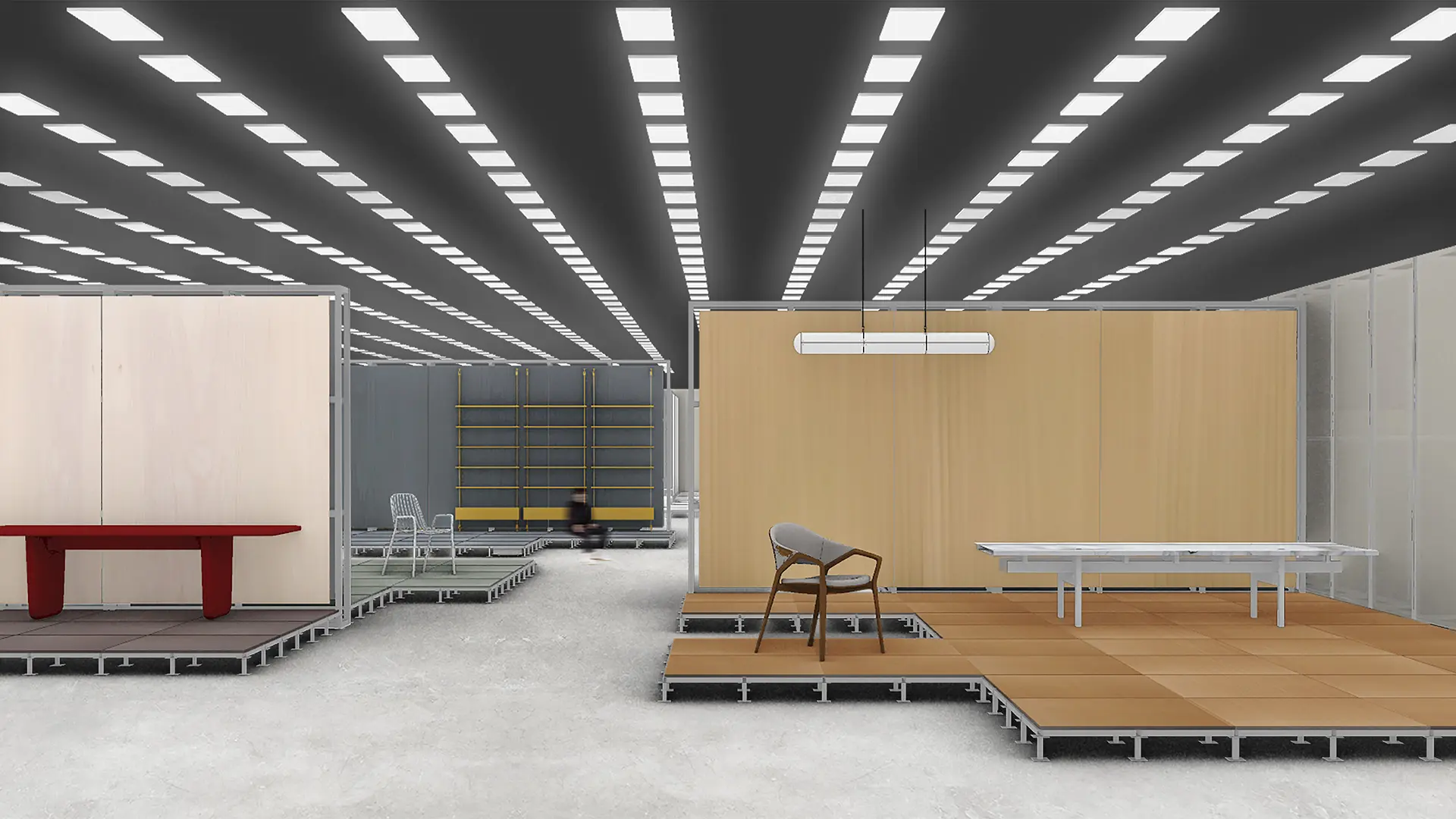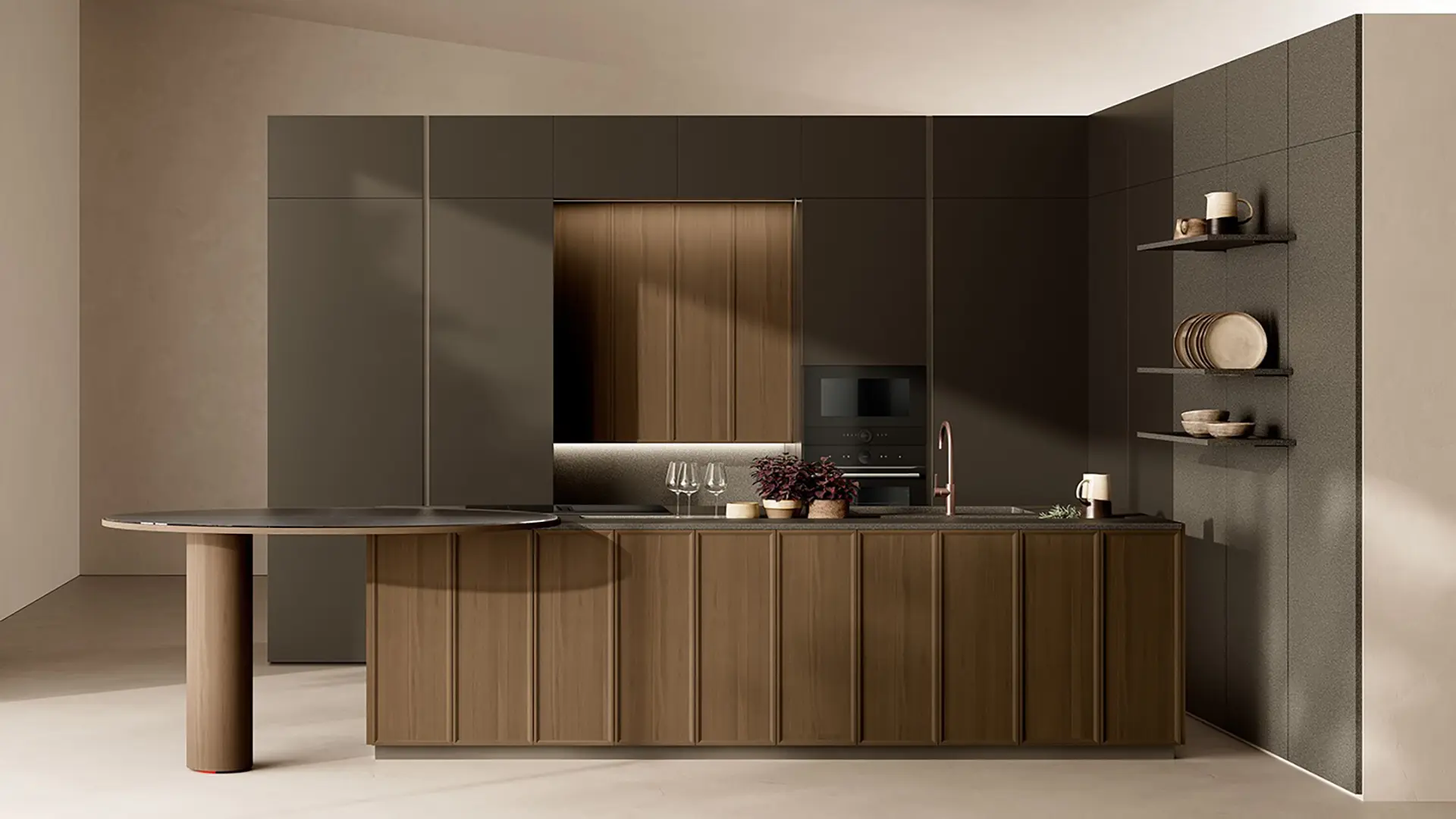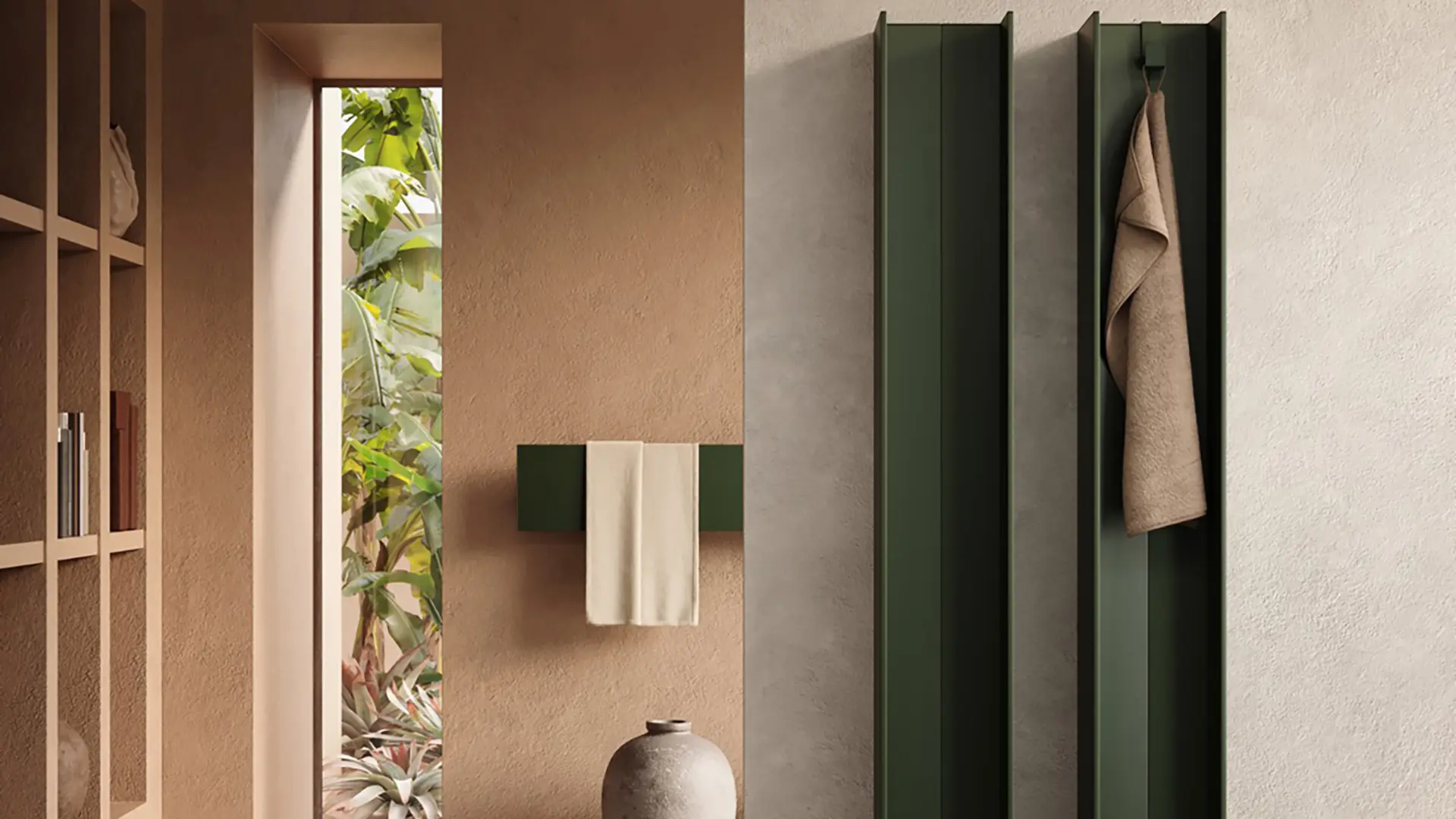Interview with the curator of the new exhibition devoted to limited-edition design and high-end creative manufacturing. Scheduled from 21 to 26 April at Pavilion 9 at Rho Fiera, Milan

Claudio Feltrin, President of FederlegnoArredo, and President and CEO of leading furniture company Arper, spoke frankly to journalist David Plaisant on the state of the sector.
Having been appointed as President of FederlegnoArredo, in October 2020, in a period of unprecedented uncertainty, there is only one question on everyone’s mind for Claudio Feltrin. The harshest way of phrasing that question might be: Do we still need the Salone and other exhibitions? although a more nuanced line of enquiry might concern the need for a physical Salone in an increasingly digital and virtual world. However you frame it, this stage of the pandemic is throwing up some serious issues and Feltrin doesn’t seem the least bit shy about discussing them.
“This sort of question has been doing the rounds for some time, and Covid has moved the discussion forward,” begins Feltrin, alluding to the question of the true value of taking part in the world’s biggest furniture fair. And it’s impossible to forget the times when Milan was full to breaking point during the Salone, when even a poky hotel room would cost the earth, and showroom openings were as jam-packed as mega concerts. The Salone reached its peak in 2019, and 2020 was announced as possible record edition. Then along came Covid and the world ground to a halt. Feltrin is clearly sympathetic to the perfectly justifiable concerns of those having to fork out considerable sums to take part in the fair, but there’s a strong business case behind the annual Milanese madness: “Even in two or three short days, visitors instantly pick up on the prevailing mood at the top of the sector, identify the trends and meet the stakeholders, they can see where the design world is heading.” As Feltrin goes on, we are taken back to those heady, febrile, almost frenetic, packed Salone days. “No other fair within the sector comes close to it. It is a unique global showcase.”
Furniture, unlike many other sectors, is bound up with physical and tactile considerations; there is a crucial need to see and touch it in real life. The question of how to bring these designs to a wider, more global audience and market has long been one of the prime challenges for companies within the sector, and the pandemic has only made this more pressing. As Feltrin says: “During the lockdowns we took the opportunity to undertake research to properly get to grips with the situation regarding the trade fair system, wondering whether the trade fair model was still needed.” The overwhelming response was that people “want the real, live trade fair experience. Obviously they want to do that safely, while adhering to all the anti-Covid protocols, but equally there’s a need to focus more on digital and virtual,” he continues. In fact, the Salone launched its updated digital portal a couple of days ago. As well as flagging up the most important information during the weeks of first supersalone and then the Salone, it will go exponentially further, operating an annual cycle of content, geared to keeping it alive throughout the year.
Another, well-attested knock-on effect of the pandemic has been a significant increase in spending on the home. Feltrin sees this as a prime reason to be optimistic about a sector that is precisely in the business of creating better home environments for consumers. Ever the pragmatist, the President of FederlegnoArredo also touches on the reasons why this post- pandemic domestic boom might experience a slowdown. “As things go back to normal, people will have other spending opportunities, they might spend less on their homes. Then there’s the fact that if the shortage of raw material and the price hikes we’ve seen recently persist, they could have negative repercussions for the sector.” he points out. These level-headed analytical observations, interspersed with a patently clear passion for this sector dominated by design and physicality, shine a light on the character of this President and CEO. Lastly, and looking to a future in which sustainability will be one of the main pillars of recovery, he also underscores Italy’s world-beating wood recycling prowess (93% of the particle board produced in Italy is made from recycled wood) but also points out the country’s failure to effectively use and manage forests in order to generate local raw materials. “We need a bit less fantasy and a lot more practicality,” concludes Claudio Feltrin.


 Stories
Stories








